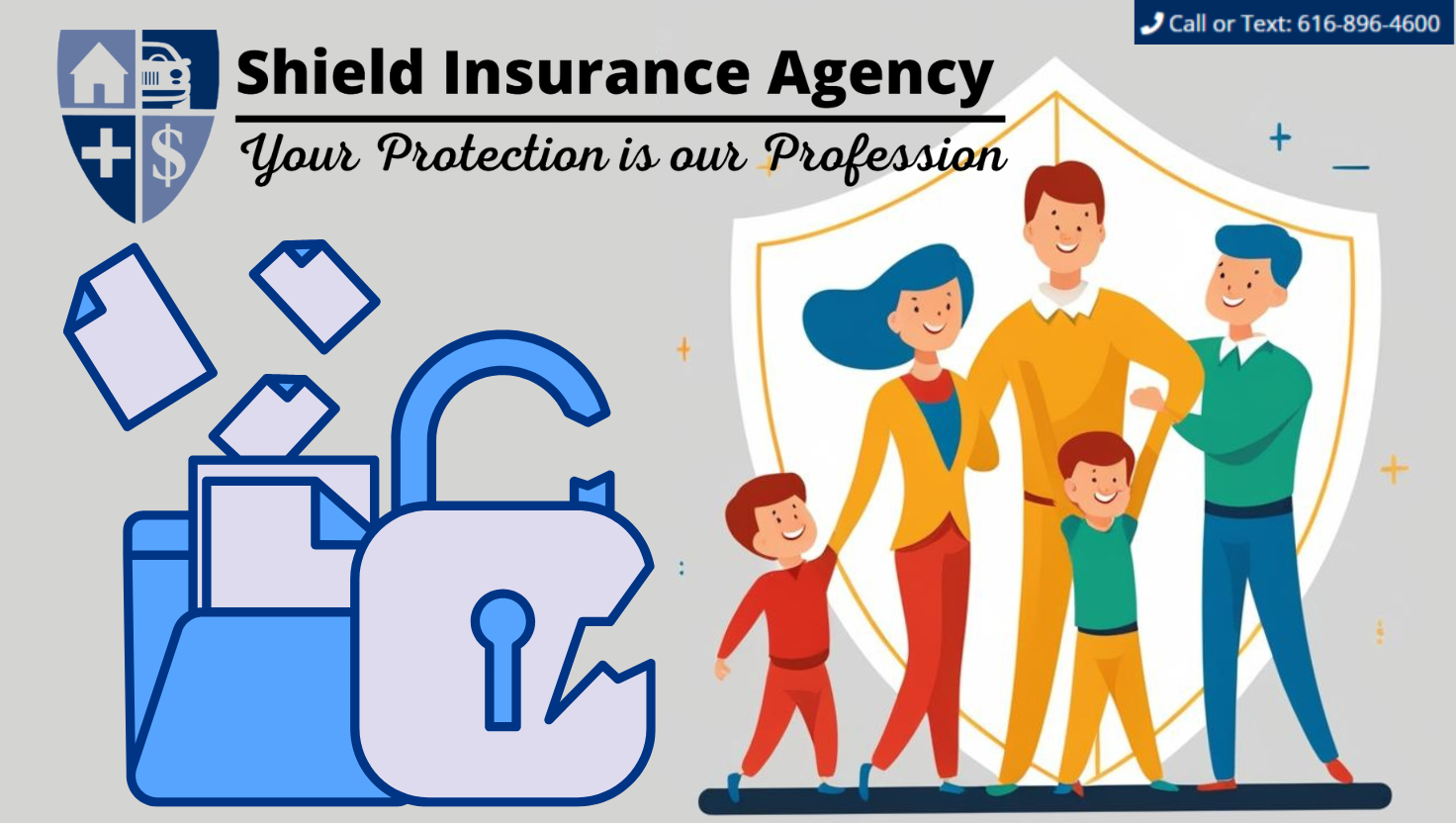
Shield Insurance Agency shares 4 benefits of umbrella coverage
Nothing gives you coverage like an umbrella coverage.
This applies to insurance too. Umbrella coverage policies provide an extra layer of protection. This extends beyond the coverage established in homeowners and auto insurance plans. When these limits have been reached, umbrella insurance kicks in. It’s about preparing for the worst.
Shield Insurance Agency understands this more than most. They want to ensure all Michigan residents have the proper protection. While there are many reasons to buy a policy, the agency lists four primary benefits of umbrella insurance.
Offers personal protection
Any insurance plan provides personal protection, but umbrella insurance extends to some unique areas. Slander, defamation, and libel are likely covered. Even false arrests or losses resulting from being wrongly accused could also be included. None of these are provided by a standard homeowners or renters policy.
Protect assets
Umbrella insurance typically has a $1 million coverage limit. So, if an incident does occur, keep your savings and future unharmed. Umbrella insurance will pick up the tab.
Reimburses legal expenses
Lawsuits can be even more damaging than accidents. Umbrella insurance will pay for some legal defense costs up to a policy’s limit. This exists no matter who is determined to be at fault.
Umbrella Coverage Shields the entire family
The policyholder is protected. However, umbrella insurance extends to your family too. Each policy will set specific definitions for what is considered a “household.” Review your policy carefully.
Contact a Michigan insurance agent
Shield Insurance Agency can provide an umbrella to keep you safe. Their experienced agents protect you, your family, and your assets, shielding you all when you need it most. For added security and peace of mind, call to set up an appointment today.




















































